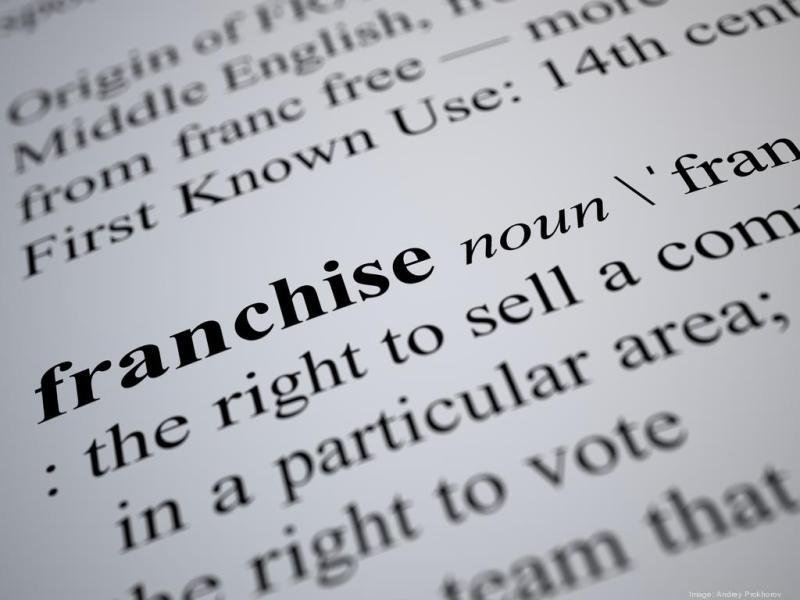From: http://www.bizjournals.com/
All too frequently, entrepreneurs who are not prepared to be franchisors request my legal services to help them offer franchises.
The common scenario involves a passionate customer approaching the owner and operator of one or two successful restaurants and offering to purchase a franchise.
The entrepreneur, with dreams of the being the next McDonalds, eagerly decides to take required steps to become a franchisor.
Unfortunately, many entrepreneurs do not realize that successfully operating one, two, or even three locations of a restaurant is very different and requires distinct skills from those required to operate be a successful franchisor of that very same business concept.
Rather than becoming the next Ray Kroc, they find their existing business failing due to lack of attention caused by the distraction of becoming a franchisor and are left with a handful of unsatisfied franchisees or worse, franchisee lawsuits and bankruptcy.
After serving as a business lawyer for more than 20 years for a number of national and prosperous franchisors, I recommend that entrepreneurs do not become franchisors unless:
1. The business model is consistently profitable
Many small businesses have “sex appeal” and project the image of being financially profitable, but simply do not consistently, or ever turn, a profit.
No franchisee purchases a franchise in order to lose money. Franchisors must ensure that the business consistently will provide franchisees a lucrative opportunity after they pay the franchisor the required franchise fees.
2. The business model is reproducible
Frequently, the unique qualities of the founder’s expertise, charisma, personality or sales skills, the location of the original business, or the business’s clientele developed over decades cannot be consistently and repeatedly duplicated.
Franchisors must have systems in place that can be easily replicated and implemented by individuals with backgrounds and skill sets different than the original business founder.
3. The franchised business will benefit from the economies of scale or the collective purchasing power of a large number of franchisees
Some businesses are better prospects for franchising because they receive a huge benefit from the power of regional and national advertising and being able to serve Fortune 500 companies through the scale provided by a vast franchise system.
4. There is a large market of potential franchisees
As a franchisor, you are selling franchises, and thriving requires a target market for your franchisees. Maybe it is ex-military or mid-level executives seeking a new career or entrepreneurial employees employed at their existing businesses.
Hopefully, many others have already communicated a desire to become franchisees and will serve as the initial franchise owners.
5. The management team is capable of providing the required education, training, marketing and other services to franchisees
Some of your franchisees may be in other states and operating in markets with unique challenges. The management skills required to prosperously operate several retail locations and restaurants are very different than those required to be a franchisor.
Franchisors must have employees and engaged experts to provide training, support, advertising, management, employee relations, public relations and legal advice. Franchisors also must be able to train and support franchisees while trusting others to continue to operate their existing business locations.
6. The company has sufficient capital to fund the cost of a becoming a franchisor and supporting its system
Launching and operating a franchising program is very expensive. The initial fees collected from franchisees are insufficient to pay for the expenses incurred as a franchisor.
Franchisors typically lose money — a lot of money — until their franchise system has many franchises operating. If the entrepreneur does not individually possess sufficient capital to fund the system, they must find investors prepared to support the franchising.
Becoming a successful franchisor requires capital, strategic planning, a deep and experienced management team, and a consistently financial successful business model that can be reproduced repeatedly. Before taking the step of becoming a franchisor, make sure you have what it takes.








Leave a Reply
You must be logged in to post a comment.